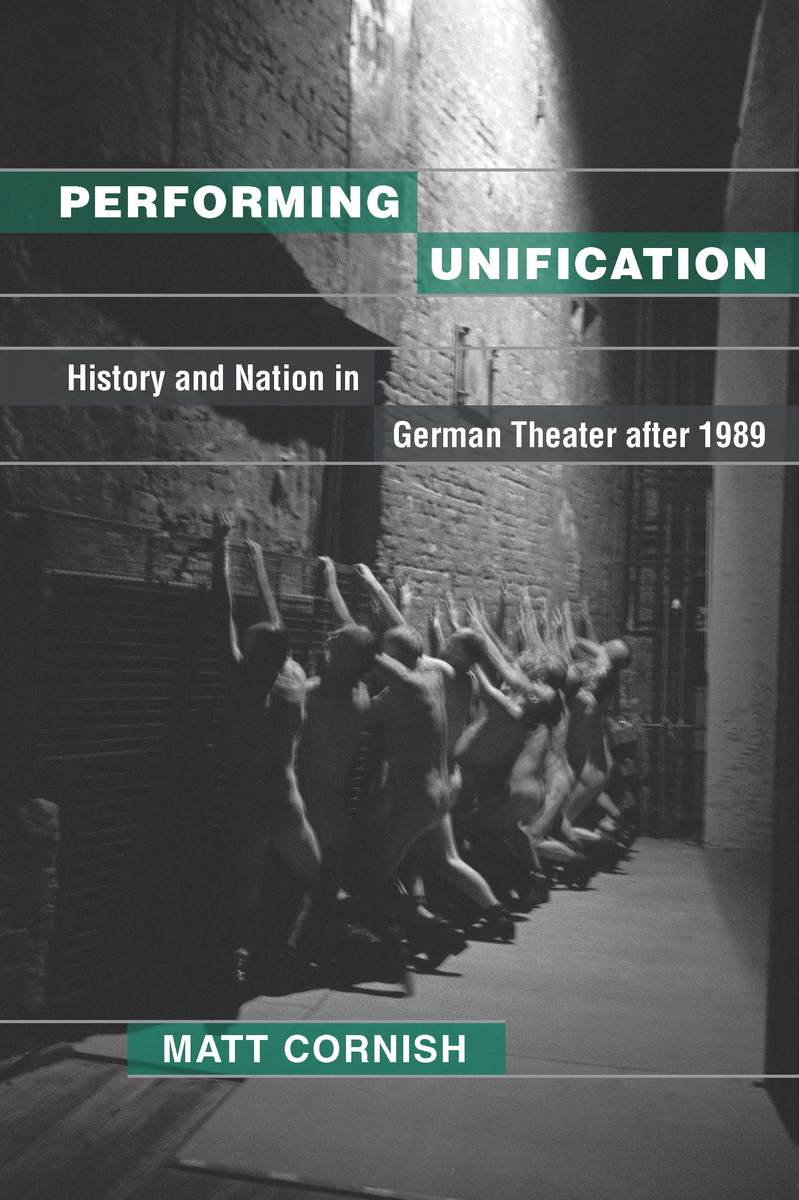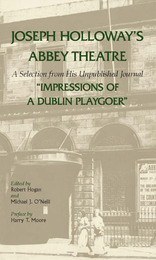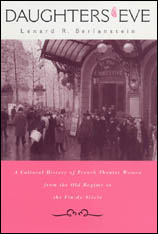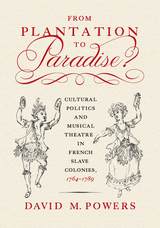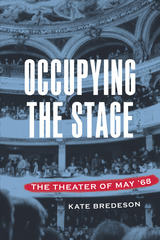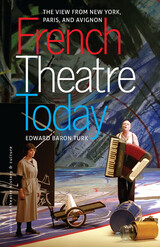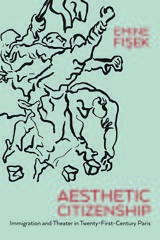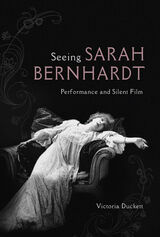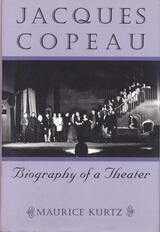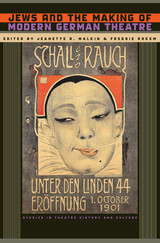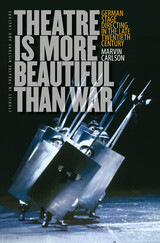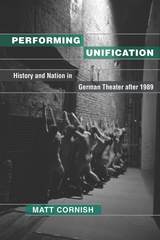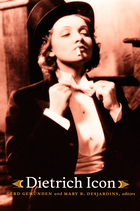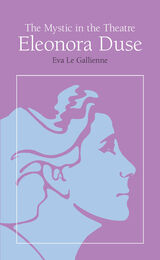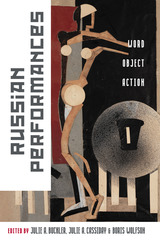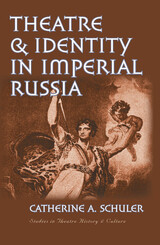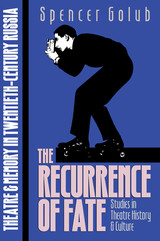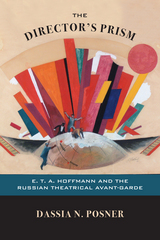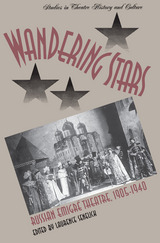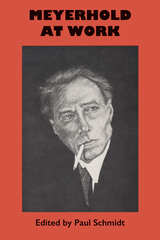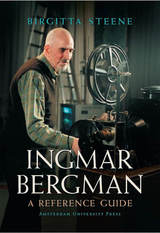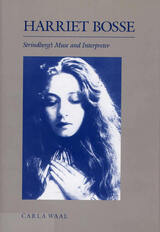Performing Unification: History and Nation in German Theater after 1989
University of Michigan Press, 2017
Cloth: 978-0-472-13045-0 | Paper: 978-0-472-03756-8 | eISBN: 978-0-472-12307-0
Library of Congress Classification PN2654.C67 2017
Dewey Decimal Classification 832.9209
Cloth: 978-0-472-13045-0 | Paper: 978-0-472-03756-8 | eISBN: 978-0-472-12307-0
Library of Congress Classification PN2654.C67 2017
Dewey Decimal Classification 832.9209
ABOUT THIS BOOK | AUTHOR BIOGRAPHY | REVIEWS | TOC | REQUEST ACCESSIBLE FILE
ABOUT THIS BOOK
Since the moment after the fall of the Berlin Wall, important German theater artists have created plays and productions about unification. Some have challenged how German history is written, while others opposed the very act of storytelling. Performing Unification examines how directors, playwrights, and theater groups including Heiner Müller, Frank Castorf, and Rimini Protokoll have represented and misrepresented the past, confronting their nation’s history and collective identity. Matt Cornish surveys German-language history plays from the Baroque period through the documentary theater movement of the 1960s to show how German identity has always been contested, then turns to performances of unification after 1989. Cornish argues that theater, in its structures and its live gestures, on pages, stages, and streets, helps us to understand the past and its effect on us, our relationships with others in our communities, and our futures. Engaging with theater theory from Aristotle through Bertolt Brecht and Hans-Thies Lehmann’s “postdramatic” theater, and with theories of history from Hegel to Walter Benjamin and Hayden White, Performing Unification demonstrates that historiography and dramaturgy are intertwined.
See other books on: German drama | In literature | Influence | Nation | Unification, 1990
See other titles from University of Michigan Press
